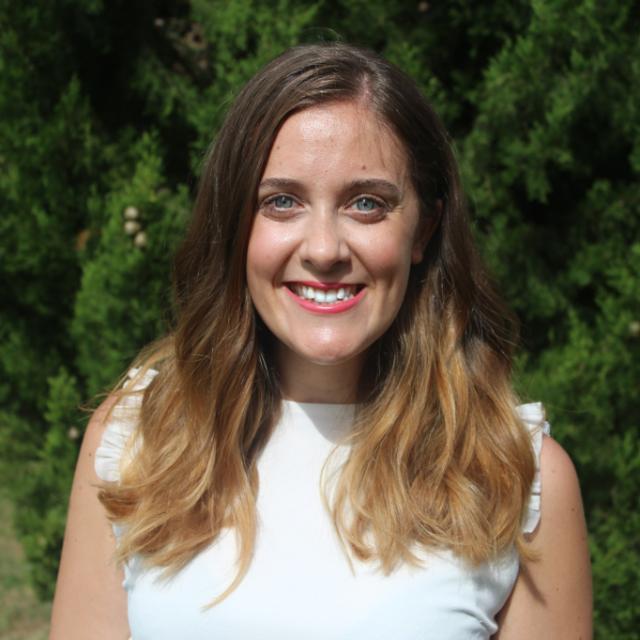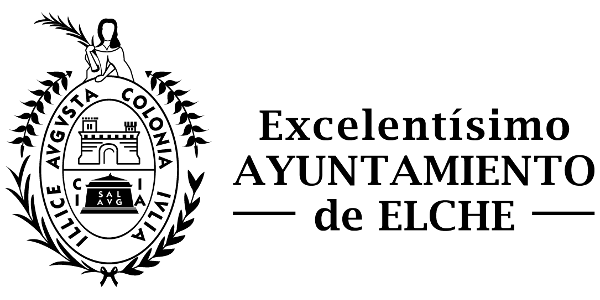Speaker

COVADONGA CHAVES
COMPLUTENSE UNIVERSITY OF MADRID. SPAIN
PhD in Experimental Clinical Psychology from the Complutense University of Madrid (2014) and Master’s degree in Clinical and Health Psychology (2009) from the same university. In 2015, she received the award for the best doctoral thesis from the International Positive Psychology Association (IPPA). For two years (2014-2016), she was the Director of Research at the Institute of Happiness Sciences at Tecmilenio University (Mexico). She has conducted several research stays at the University of Connecticut and Colorado (United States).
Currently, she is a professor at the Complutense University of Madrid, where she has been involved in the development of various projects focused on promoting well-being in different clinical contexts (e.g., depression, psychosis). She currently directs a research, development, and innovation project aimed at developing a new intervention to address perinatal depression. Since 2019, she has been a research member of the Spanish Society of Positive Psychology. She has several scientific publications and has presented more than 60 oral communications at national and international conferences.
Educating positively: Assessment and intervention strategies to promote well-being

Positive education is a pedagogical approach that focuses on promoting well-being, personal growth, and flourishing among students and the educational community. This symposium emphasizes the importance of providing a solid scientific foundation to the field of positive education, with a multidimensional approach and the integration of these principles into school culture.
Additionally, the symposium will present some assessment tools for relevant dimensions of well-being, such as digital flourishing in adolescents, and intervention strategies such as using humor to foster resilient educational environments, and the relationship between emotional intelligence and well-being in primary education stage. The potential of positive education to foster a fuller life for students and academic communities will be discussed, ultimately transforming the educational landscape for the benefit of society.










